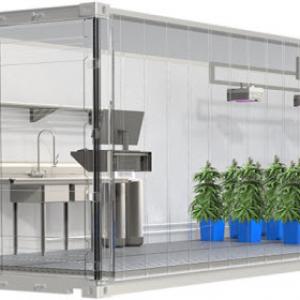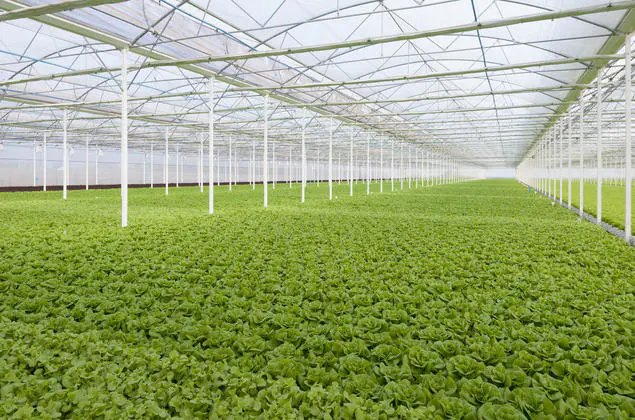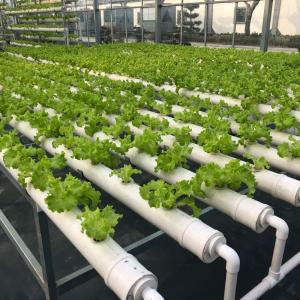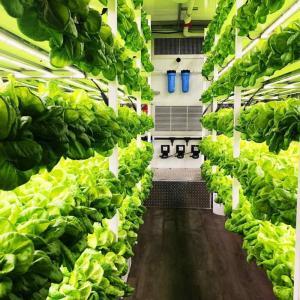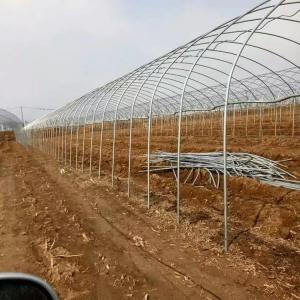Novagric develops Solidarity Agricultural Projects
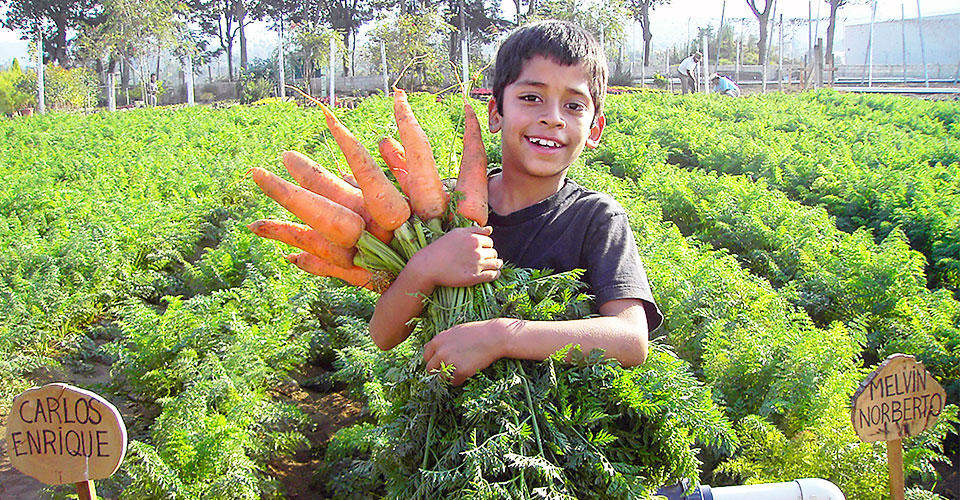
Hunger is a reality, more than 795 million people in the world do not have enough to eat and 3.1 million children die every year from malnutrition.
From an individual perspective, long-term hunger directly harms both the physical and mental health of people. Children are the biggest victims of hunger, as malnutrition leads to their stunted growth, weakened immunity, and even impaired intelligence. This not only deprives them of the right to grow up healthily but also destroys their potential for future development. Adults suffer from physical exhaustion due to hunger and find it difficult to change their situation through labor, falling into a vicious cycle of "poverty - hunger - more poverty". Hunger brings not only physical pain but also mental despair, eroding one's will and distorting one's values, even triggering social disorder.
From a social development perspective, hunger and poverty are important factors restricting economic growth and social progress. If a country has a large number of people in a state of hunger, its labor force quality will inevitably be low, and innovation ability and production efficiency will be difficult to improve, which directly affects the country's industrial upgrading and economic competitiveness. At the same time, health problems caused by hunger will increase the burden on the medical system, and social conflicts caused by poverty will consume a large amount of social governance resources. More seriously, when survival becomes the sole pursuit, long-term development goals such as education and environmental protection will be neglected, forming a gap in social development.
In the era of globalization, hunger and poverty are no longer local issues but global issues related to the common destiny of humanity. Climate warming has exacerbated the risk of reduced food production, regional conflicts and trade barriers have disrupted the stability of the food supply chain, and global crises such as the COVID-19 pandemic have further exposed the vulnerability of the global food security system. These factors interweave, making the problem of hunger and poverty more complex. Solving this problem requires the international community to transcend geographical and ideological differences, establish a more fair and reasonable global food distribution mechanism, increase investment in agricultural infrastructure in weak regions, promote sustainable agricultural technologies, and fundamentally enhance the food self-sufficiency capacity of underdeveloped countries and regions.
Eliminating hunger and poverty is not only an important part of the United Nations' sustainable development goals but also an inherent requirement of human civilization progress. This requires the joint efforts of governments, enterprises, social organizations and every citizen: Governments should formulate and improve social security policies, establish and improve food reserves and emergency assistance systems; Enterprises need to assume social responsibilities and help poor areas develop through technological innovation and industrial assistance; As individuals, we should also establish the awareness of cherishing food, and contribute to eliminating hunger by supporting fair trade and participating in public welfare activities. Only in this way can we gradually break the shackles of hunger and poverty, making "the right to be free from hunger for everyone" from a vision become a reality, laying a solid foundation for building a community with a shared future for mankind.
